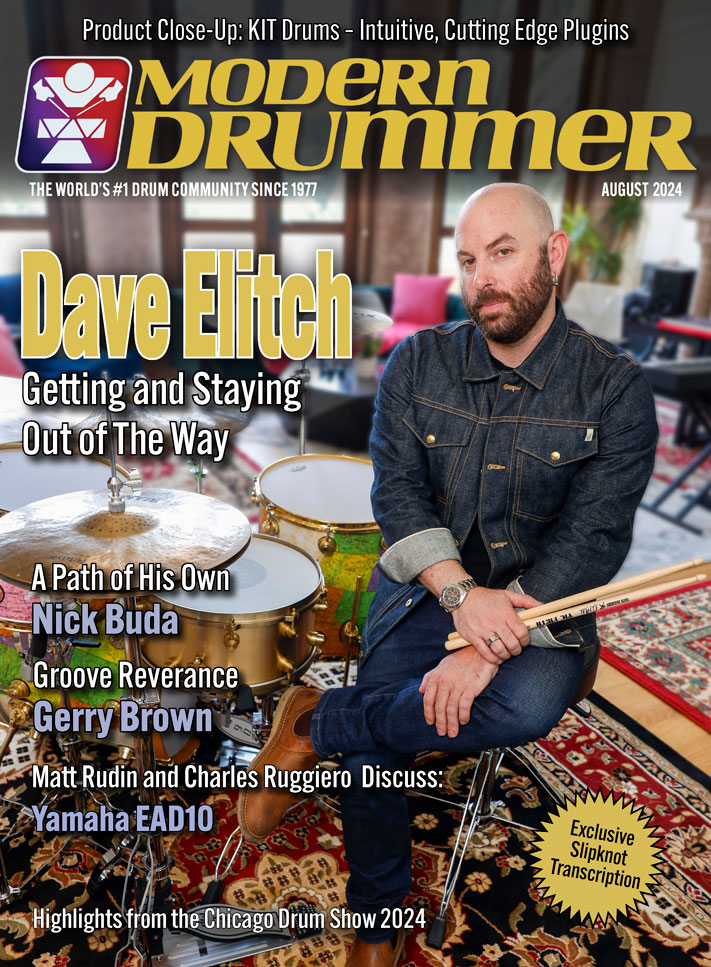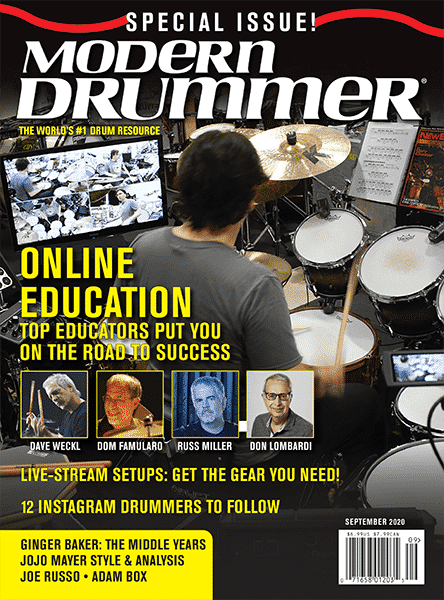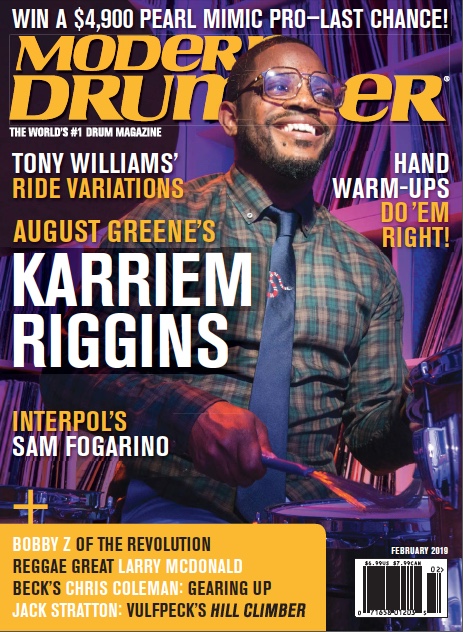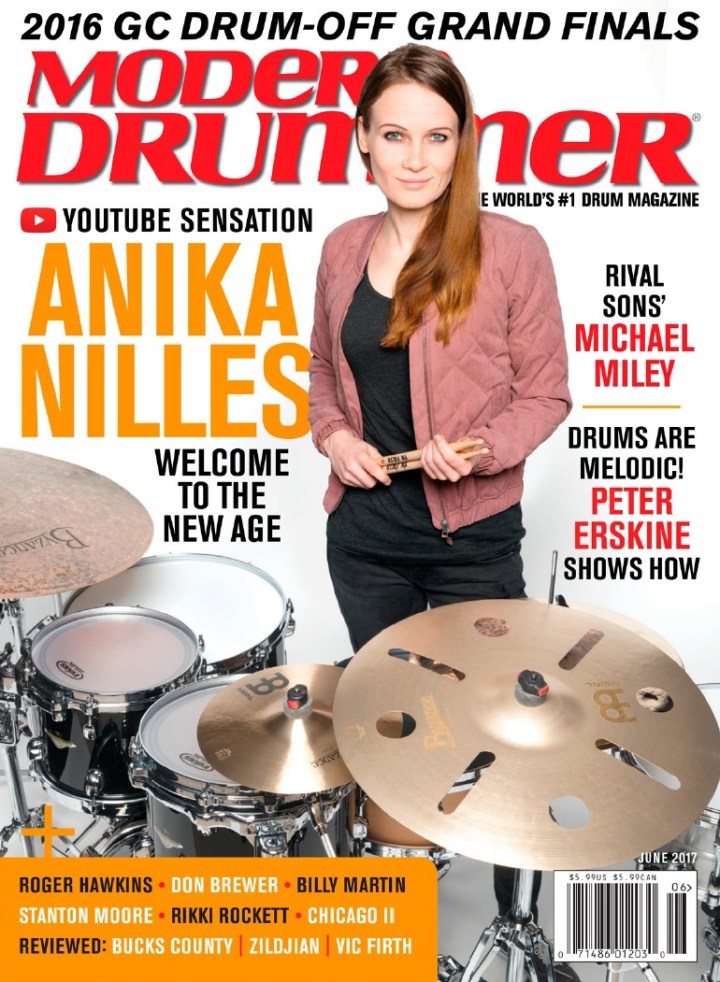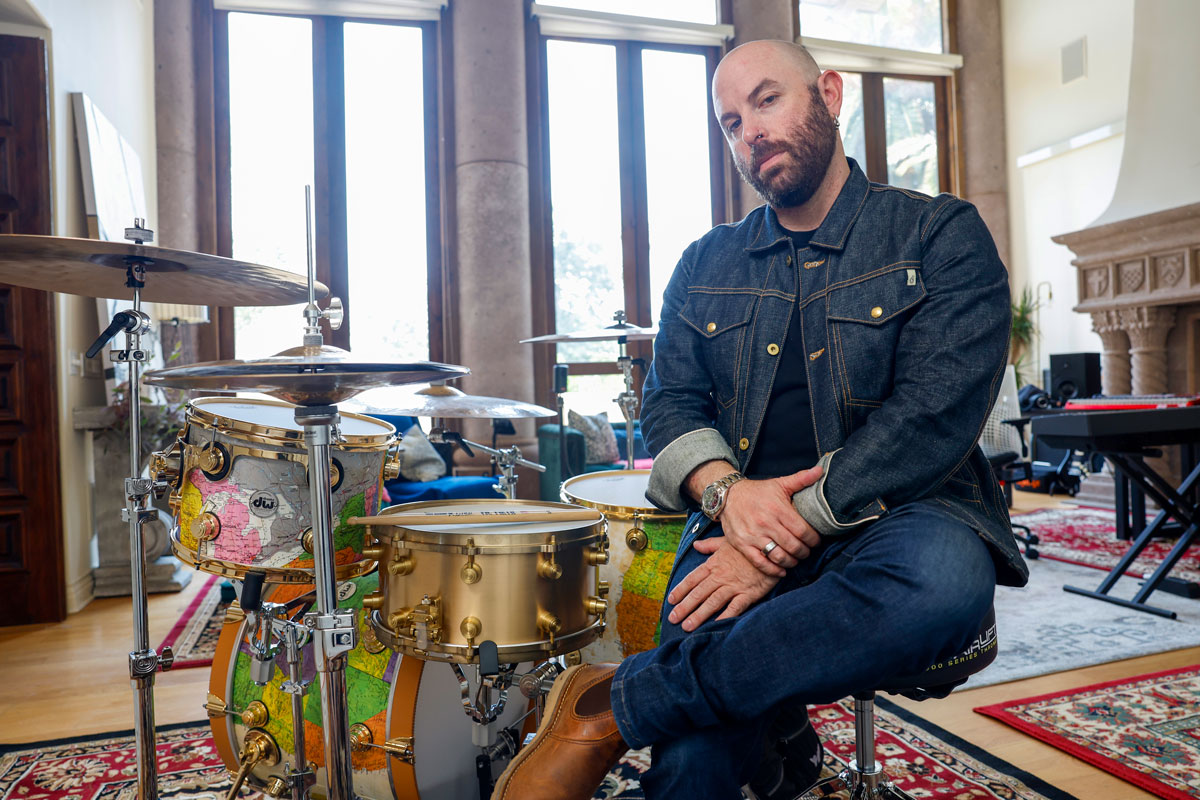Dave Elitch
Talking in-depth to Dave Elitch has been a long time coming. He’s a successful working drummer with credits like The Mars Volta, M83, Killer Be Killed, Miley Cyrus, and Weezer. He is a successful teacher as well, and he takes both sides of his career very seriously. He has two courses that are available on-line called Getting Out of Your Own Way and Staying Out of Your Own Way. His band Daughters of Mara is back together and has released two new singles, (“Happy” and “I Refuse”) and most importantly he is continuing his mission to help us drummers explore and learn better body mechanics/ergonomics as well as improving our conceptual/philosophical approach while playing our instrument.


